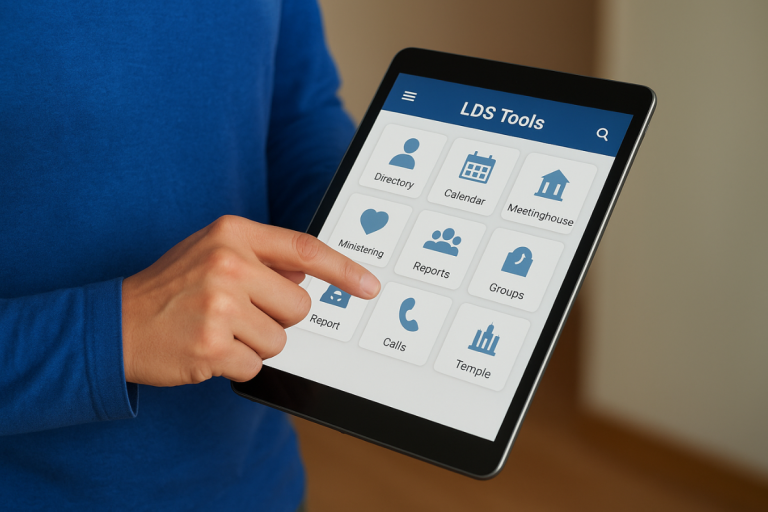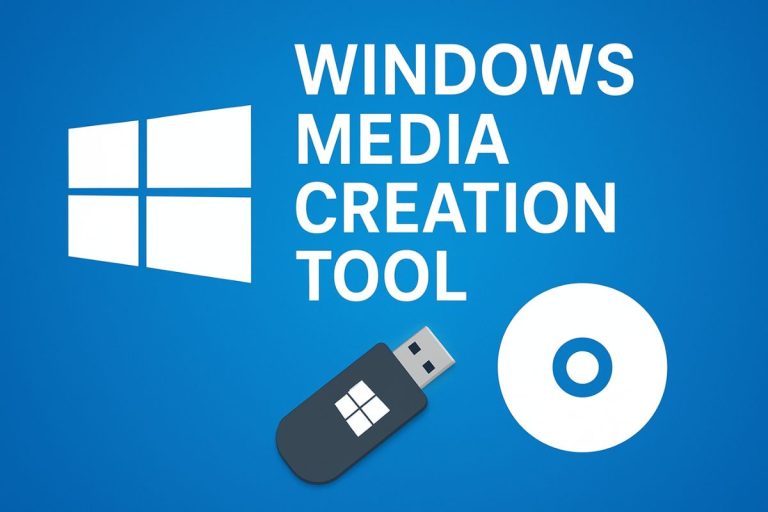Software refers to a set of digital programs, applications, and systems designed to perform specific tasks, solve problems, or enhance productivity. Unlike hardware, which represents the physical components of a computer or device, software is the intangible element that powers functionality and enables interaction between humans and machines.
It comes in various forms, from system software like operating systems that manage hardware resources, to application software such as word processors, web browsers, and mobile apps that cater to specific user needs.
In today’s fast-paced digital world, software plays a crucial role across nearly every industry. Businesses rely on enterprise solutions like ERP systems, CRM platforms, and cloud-based tools to streamline operations and improve decision-making. Creative professionals use specialized software for graphic design, video editing, and 3D modeling, while developers utilize programming environments and frameworks to build innovative applications. With the rise of artificial intelligence, automation, and machine learning, software continues to evolve, offering smarter, more personalized, and efficient solutions.
Additionally, the software landscape is divided into proprietary and open-source models. Proprietary software is licensed and owned by companies, often requiring paid access, while open-source software promotes collaboration and free distribution, encouraging global innovation. Security, regular updates, and user experience are key considerations in modern software development, ensuring reliability and adaptability in an ever-changing technological environment.
Overall, software forms the backbone of the digital era, driving innovation, connectivity, and convenience in everyday life. Whether for personal use, business growth, or global communication, it remains an essential tool shaping how people interact with technology.










